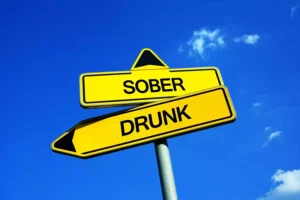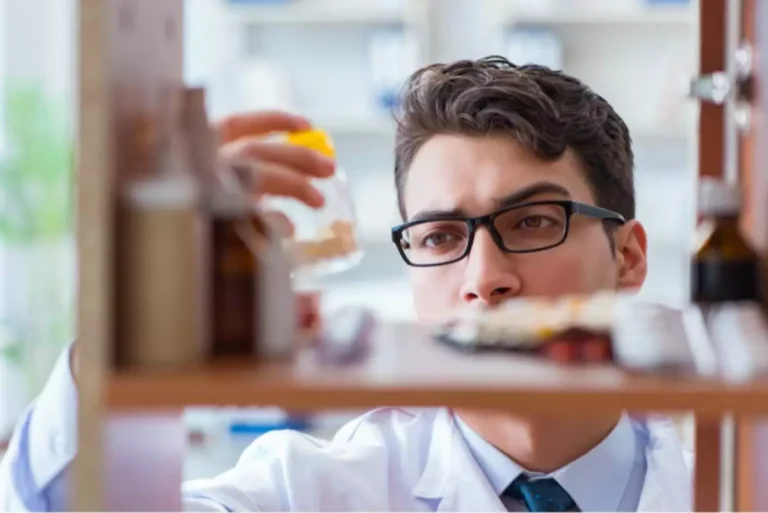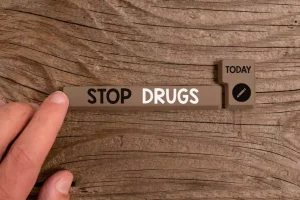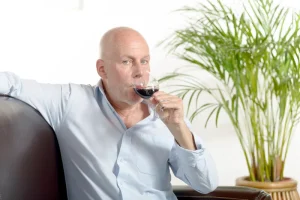
Over time, however, love-addicted relationships become more drama-filled, harder to sustain, and inflict increasing costs on both partners. As symptoms of love addiction will usually involve another person, communication is key when it comes to resolving any issues you may be having. You might realize that you’ve been avoiding communicating because of fear or anxiety loving an addict — but having an open dialogue about your feelings can ultimately bring clarity to your relationship. It’s possible to experience withdrawal symptoms from a person or relationship if you experience some of the above-mentioned signs of love addiction. Love addiction is are similar to other addictions in that it is formed as a defense against unresolved pain.
Other signs you might be experiencing ‘love addiction’
Although “love addiction” is not formally recognized as a mental illness, some — but not all — neuroscientists and psychologists have said it can be just as powerful as other forms of addiction. Cohen explains that a tricky aspect of recovering from love addiction is that you treat a powerful emotion like love the same way you might treat addictions to drugs and alcohol, which require abstinence and sobriety, at least for a while. Involving partners in addiction treatment can be beneficial as it provides support for the addicted person throughout their recovery process, helping them address any underlying issues which may have contributed to their addiction. There are a variety of resources and support groups available to couples dealing with addiction. These resources can provide invaluable guidance and assistance throughout the recovery process, helping both partners navigate the challenges they face and work towards a healthier, more loving relationship. There are many more possible symptoms and signs of love addiction; they vary in type and severity from person to person and with styles of expressing affection.

What is codependency in a relationship with an addict?
But a person who may have an unhealthy relationship to love may not want those initial feelings of intensity to go away. Due to love’s addiction-like qualities, some people may refer to their romantic habits as an “addiction.” But mental health professionals and clinicians may instead refer to it as pathological love or limerence. Some experts suggest that “love addiction” may share similar qualities with substance use disorder and addiction.
Child-Parent Relationships

Dr. Gerardo also warns of love addiction affecting your day-to-day life. A codependent relationship often begins with one person putting their partner’s needs above all else — including their own needs, interests, and independence. You can experience any of the above, along with other relationship-related distress, without any specific mental health diagnosis. “People with anxious-insecure attachment styles often become preoccupied with the state of their relationship. The attention of a partner, being in a relationship, become central motivations in life.

If the other partner is codependent, it may not be a problem early into the relationship, but resentment can build if the partner seeks a more emotionally independent partner. If addictive love is nothing more than a symptom of abnormal brain processes (i.e., the narrow view), then the choices and behaviors it elicits might be considered to be inauthentic or in some sense non-autonomous reflexes of those deviant processes. Hence, proponents of the narrow view of substance addiction have frequently argued that addicts lack control over their actions and are not fully autonomous (Hyman 2007). This idea is also reflected in the common concept of “crimes of passion”— and indeed the law has traditionally taken such passion into account in sentencing decisions. These are just a few of the neurochemical and functional similarities between “normal” love attachment and drug addiction that have been noted by Burkett and Young as well as by other researchers who argue for the “broader” view of love addiction.
- Experts link the euphoric high (activated by the release of dopamine and other “happy” hormones) that’s so common in the early stages of love to addictive relationship behaviors.
- Incorporating couples therapy and family therapy into the recovery process can be valuable tools for both partners as they work to rebuild their emotional connection and create a more loving, supportive environment.
- To speak of romantic passion and destructive drug use in the same breath might only serve to conjure images of punishing people for falling in love, stigmatizing them, or forcing them out of their lover’s arms and into a treatment program.
- Unfortunately, learning how to let go of an addict you love is much easier said than done.
[Finally, the] typical aims of romantic love – most obviously, the desire to be loved in return – [are not necessarily] true of consumption, whether of a person or of a drug.” We do not disagree with these observations. In many cases, substance use starts as a way of self-medicating distressing feelings brought on by conditions such as depression, anxiety, or trauma. These co-occurring disorders, as they are called, are common, and when someone with addiction suffers from depression, anxiety, or insomnia, they are much more likely to relapse. About a third of people with a diagnosable mental health condition, and about half of those with a severe mental health condition, have some form of substance use disorder, research shows us. Much research is being done to provide information on how love addiction truly works. Genetics, trauma, and upbringing can play a factor in love addition and addiction in general.

Broad or Narrow?
Healthcare providers diagnose and treat this issue similarly to other forms of addiction, generally with therapy. Like other aspects of the condition, psychotherapy’s effectiveness for love addiction hasn’t been studied in depth. Research on the causes and triggers of the condition is lacking, but factors such as trauma and genetics likely play a role. Research also shows a connection between the euphoria of being in love and the feelings of pleasure a person with substance use disorder might have.
Astrologer at Chopper John’s in Phoenix
Although it is that case that, on this view, everyone who loves is technically addicted, only some subset of cases should be judged to be appropriate candidates for treatment because of their effect(s) on other aspects of our well-being. 2This has also been called the “brain disease” model of addiction (see Levy 2013 for a critique). How else might “being in love” be taken to differ from being addicted to certain drugs?
Ending the codependent relationship isn‘t always the answer for getting over a tendency for codependency. The other half of the partnership may tend to hold more sway over the codependent partner. The attention lavished on them can bring on a desire to control their mate by maintaining the upper hand. This lopsided all-give versus all-take dynamic often results in the attraction between people who exhibit codependent qualities and people who exhibit narcissistic qualities.
Reestablishing Trust and Emotional Intimacy
In other words, love is deeply bound up with reproduction, which is the engine of natural selection (Blum, Chen, et al. 2012). Taking a complementary view, Fisher (2004) has argued that romantic love might be considered a ‘constructive’ form of addiction when one’s love is reciprocated; whereas it is presumed that drug addiction would never be constructive. And while we can flourish without ever taking drugs, we cannot do so if deprived of food, or, indeed, some measure of love and human affection. One especially popular version of this view holds that drugs ‘co-opt’ neurotransmitters in the brain to create signals of reward that dwarf the strength of ‘natural rewards’ such as food or sex. They thereby produce patterns of learning and cellular adaptation in the brain that could never be produced without drugs (e.g. Volkow et al. 2010).
Leave a Reply